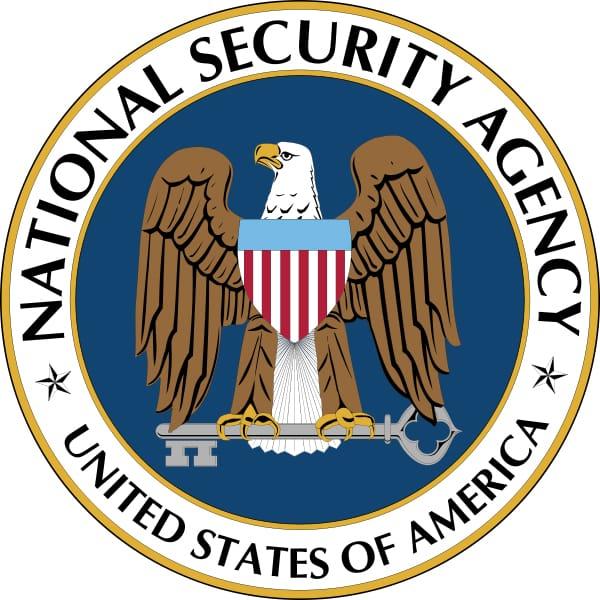
Tom Burghardt
The Senate questioned the wisdom of a highly-secretive program that "preclude public education, awareness and debate about the policy and legal issues, real or imagined, that the initiative poses in the areas of privacy and civil liberties. ... The Committee strongly urges the [Bush] Administration to reconsider the necessity and wisdom of the blanket, indiscriminate classification levels established for the initiative."
The Electronic Privacy Information Center (EPIC) has filed suit against the government in federal court after EPIC's Freedom of Information Act request to the National Security Agency was rejected by NSA.
According to EPIC's complaint, CNCI has been described as "a multi-agency, multi-year plan that lays out twelve steps to securing the federal government's cyber networks." The agency refused to release the documents, stating that they "have been withheld in their entirety" because they are "exempt from release" on grounds of "national security."
Tuesday's summary provided no additional information on NSPD 54/HSPD 23, nor did the Obama administration release information on the Pentagon's strategy for waging offensive cyberwarfare.
The declassified portion of CNCI published March 2 discussed previously acknowledged intrusion protection programs, specifically Einstein 2 and Einstein 3, designed to inspect internet traffic entering government systems to detect potential threats.
As Antifascist Calling disclosed last July, the Einstein program in all probability is related to the much larger, ongoing and illegal NSA communications intercept program known as Stellar Wind, first exposed in 2005 by The New York Times.
And Stellar Wind, as I reported in another piece last July, is intimately related to what has come to be known as the "President's Surveillance Program," or PSP.
According to a 38-page declassified report by inspectors general of the CIA, NSA, Department of Justice, Department of Defense and the Office of the Director of National Intelligence, presidential authorization for the secret state's driftnet surveillance program was derived by an Office of Legal Counsel (OLC) Memorandum penned November 2, 2001, by torture-enabler John C. Yoo.
Despite long-standing prohibitions on military and CIA involvement in civilian law enforcement activities, Yoo wrote that electronic surveillance in "direct support of military operations" did not trigger constitutional rights against illegal searches and seizures, because the Fourth Amendment "is primarily aimed at curbing law enforcement abuses."
Read More